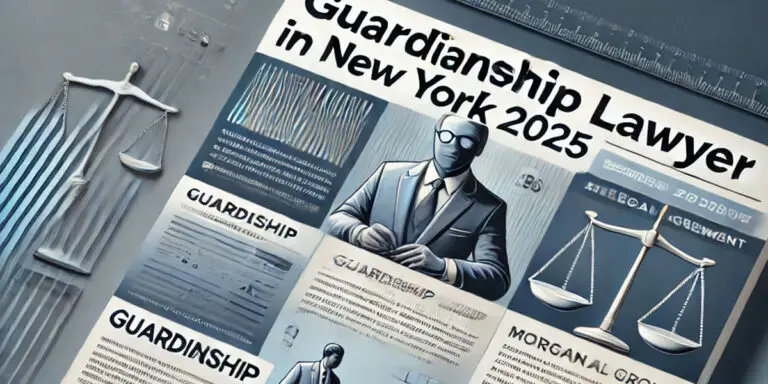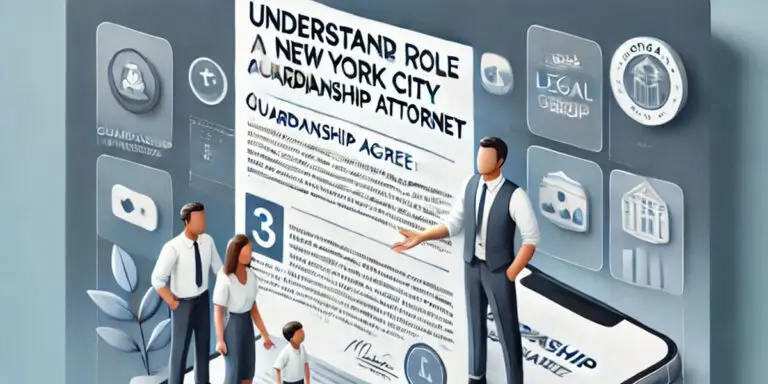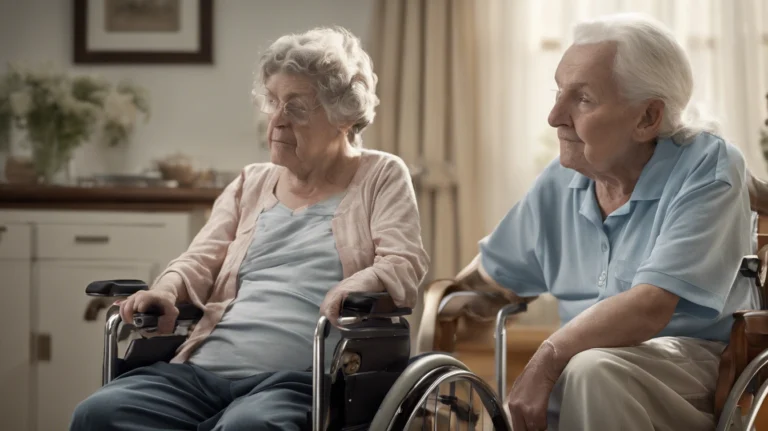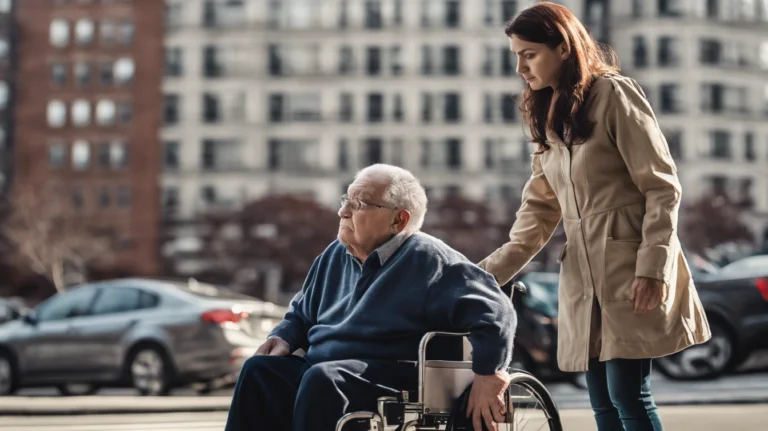
Guardianship attorney near me 10027. The role of a legal guardian in your estate.
As elite New York attorneys with over three decades of experience in Estate Planning, Probate & Administration, Guardianship, Elder Law, Wills and Trusts, and Family
Home » Guardianship » Page 2

As elite New York attorneys with over three decades of experience in Estate Planning, Probate & Administration, Guardianship, Elder Law, Wills and Trusts, and Family

Ensuring the lifelong well-being and secure future of a special needs child stands as a paramount concern for any parent or guardian. In the intricate

Guardianship for Minor Children in New York: Protecting Their Future and Ensuring Their Well-being As a parent, ensuring the safety and well-being of your children

Guardianship Lawyer in New York: Protecting Your Loved Ones in 2025 When a loved one becomes unable to care for themselves or manage their affairs

NYC Guardianship Attorney: Securing Your Family’s Future in 2025 Navigating the complexities of guardianship in New York City can be daunting, especially as we approach

Understanding Guardianship in New York for 2025 The Importance of Guardianship Guardianship is a vital legal tool that ensures the welfare of individuals who cannot

Guardianship Attorney in NYC In New York City, the need for guardianship arises when an individual can no longer make decisions for themselves due to

Choosing a Guardian for Your Children in New York Choosing a guardian for your children is one of the most significant decisions you can make

Major Reasons for Guardianship in New York Guardianship is a legal process in which a court appoints an individual, known as a guardian, to make

Guardianship in New York: Understanding the Process and Importance In New York, the guardianship process is a legal mechanism designed to protect those who are